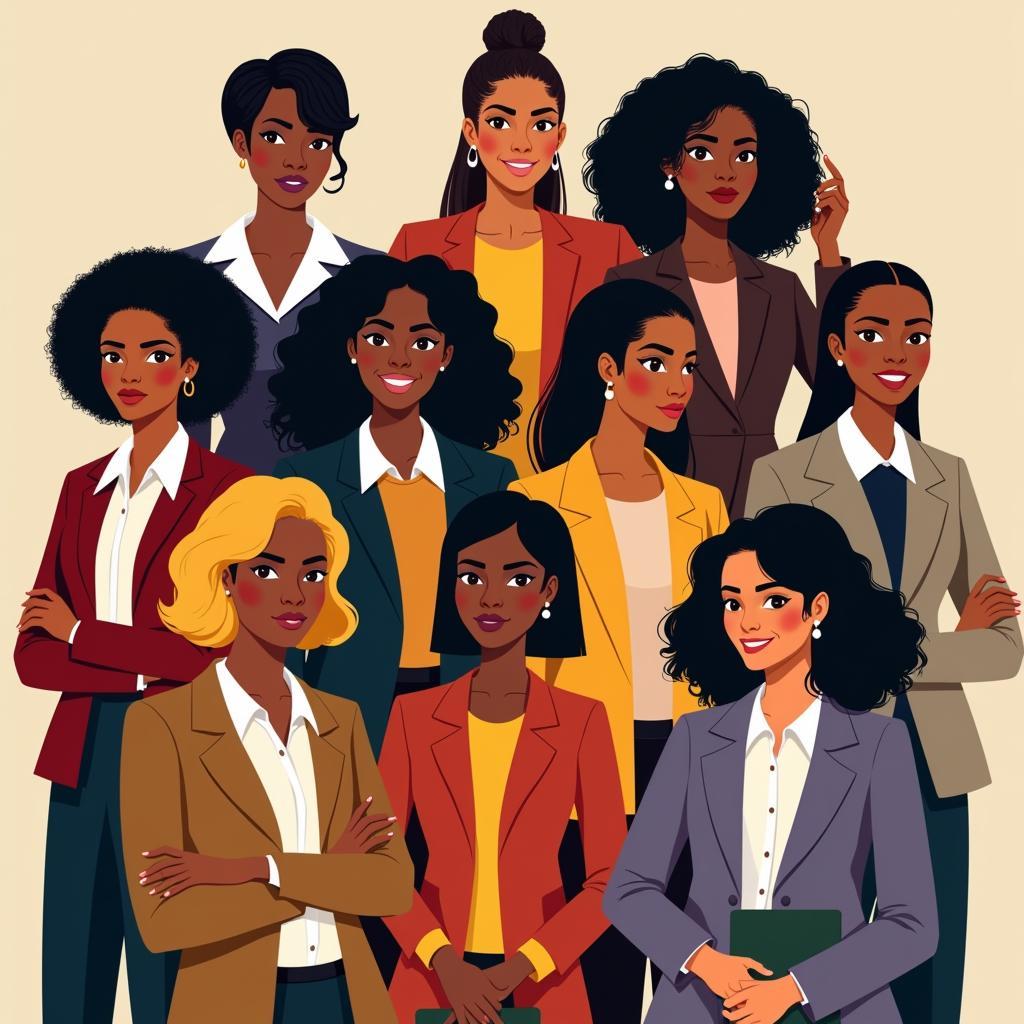African Country and Compare it With the Indian Culture
Africa and India, two continents rich in history, culture, and diversity, share a fascinating relationship. While separated by vast oceans, their cultures have intertwined through trade, migration, and shared experiences. Exploring the cultural landscapes of these two continents can unveil remarkable similarities and unique differences, revealing the rich tapestry of human experience.
A Glimpse into Africa’s Diverse Culture
Africa is not a monolith; it’s a continent of diverse cultures, languages, and traditions. From the bustling cities of Lagos and Cairo to the vast savannas of the Serengeti, Africa boasts a captivating array of cultural expressions.
Shared Heritage: The Influence of Ancient Civilizations
Both Africa and India boast ancient civilizations that have shaped their cultural identities. In Africa, the ancient Egyptian civilization, with its intricate hieroglyphics, magnificent pyramids, and advanced knowledge of astronomy, left an indelible mark on the world. Similarly, the Indus Valley Civilization, flourishing in what is now Pakistan and northwest India, developed a sophisticated urban system, trade networks, and a unique script.
Artistic Expressions: From Masks to Mandalas
Africa is renowned for its vibrant artistic expressions, particularly in masks, sculptures, and textiles. These art forms often hold deep spiritual and symbolic meanings, reflecting the beliefs and rituals of different tribes and communities. India, too, is rich in artistic traditions, with intricate mandalas, vibrant rangoli patterns, and ornate sculptures that showcase the country’s religious and philosophical beliefs.
Music and Dance: Rhythms of Joy and Celebration
Music and dance are integral to the cultures of both Africa and India. African music is characterized by its rhythmic complexity, polyrhythms, and use of percussion instruments. Dance forms, ranging from traditional tribal dances to contemporary urban styles, play a vital role in social gatherings, ceremonies, and celebrations. Indian music, known for its melodic beauty and rich ragas, is equally expressive and plays a significant role in cultural life.
A Comparative Journey: Unveiling Similarities and Contrasts
While Africa and India share several cultural similarities, there are also distinct differences that shape their individual identities.
Religious Beliefs: A Spectrum of Faith
Both continents are home to a wide range of religious beliefs. Africa is home to indigenous faiths, Islam, Christianity, and a mix of syncretic traditions. Similarly, India embraces Hinduism, Islam, Sikhism, Buddhism, Christianity, and Jainism, reflecting a diverse tapestry of religious expressions.
Social Structures: Traditional and Modern
Africa’s social structures vary greatly across different communities, with extended families playing a vital role in many cultures. India also emphasizes family ties, but with the rise of modernization, social structures are evolving, particularly in urban centers.
Food and Cuisine: Culinary Delights
African cuisine is characterized by the use of fresh ingredients, spices, and indigenous grains. India, too, boasts a diverse culinary landscape, with regional variations and a focus on spices and aromatic herbs.
Conclusion: Celebrating the Diversity of Human Culture
Comparing African and Indian cultures reveals a fascinating tapestry of shared heritage, distinct traditions, and evolving identities. While both continents embrace their unique expressions, they also share common threads that highlight the interconnectedness of human experience. Understanding these cultural nuances allows us to appreciate the richness of diversity and celebrate the beauty of human expression across different parts of the world.
FAQ
1. What are some of the key similarities between African and Indian cultures?
Both continents share a rich history of ancient civilizations, diverse religious beliefs, vibrant artistic expressions, and a deep appreciation for music and dance.
2. How does African music differ from Indian music?
African music emphasizes rhythm and percussion, often featuring polyrhythms. Indian music focuses on melody and intricate ragas.
3. What are some examples of cultural exchanges between Africa and India?
Trade routes connecting the two continents have facilitated cultural exchanges throughout history, including the introduction of spices, fabrics, and artistic ideas.
4. How has globalization influenced cultural traditions in both Africa and India?
Globalization has led to the blending of traditional and modern influences, creating a dynamic cultural landscape in both continents.
5. What are some ways to learn more about African and Indian cultures?
Travel, research, and engaging with cultural events, films, and literature can provide valuable insights into the diverse cultures of both continents.
6. Why is it important to appreciate cultural diversity?
Appreciating cultural diversity fosters empathy, understanding, and a more inclusive world.

